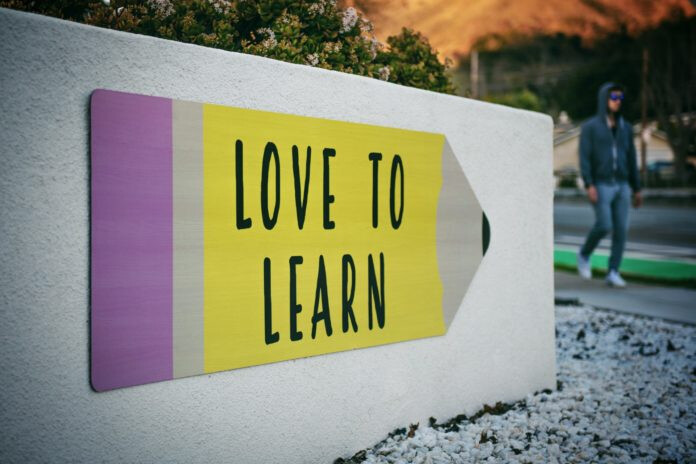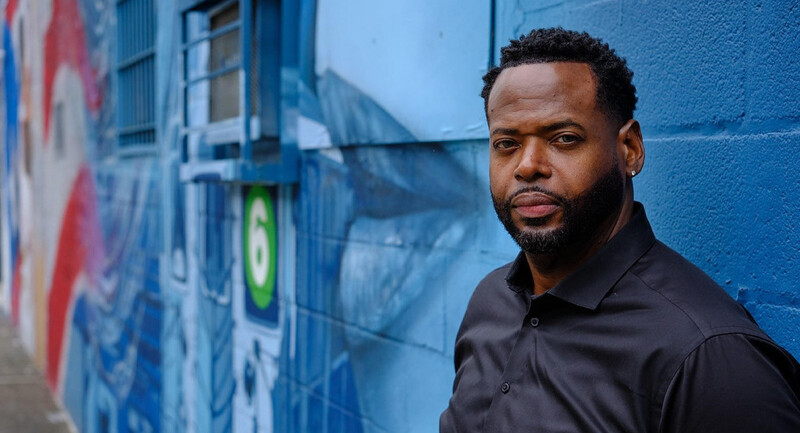Adam Mihelbergel (@AMihelbergel) is the principal and director of student services at Brannockburn School District 106 in Illinois. He spoke to ASCD about how his district is adapting as the coronavirus impacts schools across the world. Responses edited for length and clarity.
If you have to close schools, what data or info will guide that decision?
All of us in our township are monitoring the CDC, the Illinois Department of Health, the county health board, and the state department of education [for emergency procedures around school closings]. The most important thing for us, what we’re trying to focus on as educators, is that we’re not the health experts here. It’s critical that we’re relying on the information from the health experts in the community. We’re education experts. We should be about ensuring we’re doing the best thing for kids in schools, and part of that is heeding the advice of health professionals.
(UPDATE: Since the publishing of this interview, Brannockburn School District 106 has temporarily closed.)
What about preparing for the sorts of shifts teachers will have to make if learning moves primarily online?
As a district, we’ve moved a lot in the past few years to integrating online platforms in our teaching – SeeSaw and Google Classroom, for example. So when we start talking about e-learning plans, for our teachers, there’s not quite that level of discomfort and panic around online platforms because it’s been part of their practice for the past few years. However, nothing replaces teacher-student contact time. So we’re really thinking about, if we have to move to an online-only platform for a day or weeks, how do we continue to get the level of engagement that we typically have in our classrooms?
What preventative strategies are you employing?
We’re used to having up to 20 percent of our student population out during the flu season. So the first thing we’re doing is just building a foundation of those common-sense cold and flu season practices, for example an emphasis on handwashing. We’ve got signs around the school with instructions on handwashing technique, we’ve posted songs that kids love and can sing for 20-30 seconds while they wash their hands. We’re working with our custodial crew to make sure all high-use surfaces are deep cleaned and disinfected. Teachers are now using a disinfectant that doesn’t have to be wiped up; you spray it and it dissolves. Because one challenge is that, while we’re trying to keep high-use surfaces clean, we’re also trying to teach at the same time. To be less disruptive to learning and avoid panic among students, we’re trying to put easy-to-use resources in the classrooms and emphasizing that these are healthy habits in the winter months.
How are you addressing possible anxiety among your community?
Everyone is a little more stressed out than usual. The most important thing for school leaders is to be as transparent and communicative as possible. Our school families have been incredibly receptive to the information we put out to them from the CDC, department of health, and any state guidelines coming down.
I think we also have a responsibility, as district administrators, to be thoughtful and calm in times of crisis. Our communities are looking to us for guidance. I actually heard from a parent yesterday who said, “The calm way you handle this helps keep us calm.” It’s our responsibility to teach our kids how to be safe and take care of themselves. It’s also our responsibility to not cause panic in the process. We’re monitoring the situation closely, but when the kids are here during the school day, it has to be the calm, safe place that they’re used to.
How does your response to crisis reflect your emphasis on whole child education?
Our response to any situation has to be whole child-centered. We’re setting the example for how our kids will respond to situations in their lives. We understand the importance of preparation for the academic impacts in crisis situations, but that’s not the sole focus. We also have to be cognizant of the mental health needs of our students and their overall well being. Also the importance of teaching the ”why” and providing context around responses to situations. Gone are the days of saying, “Do this because I say so.” We have to be diligent about explaining to students why we are responding to certain situations in certain ways. Even for the little kids, there’s no reason not to tell them that the reason a measure is being put in place is so that they are safe.
Then the other piece is about access – how do we maintain access to the resources students get throughout the school day? We are a one-to-one district, Kindergarten through 8th grade, so students have the devices. We surveyed all of our families to ensure that everybody has a working internet connection and we also purchased additional hotspots for any families that do not have access to the internet. From the ability to access content, we feel comfortable. Right now, as a township, we’re working through how to provide breakfast and lunch to students who need it outside of school. That’s a discussion that’s happening right now – what’s the most efficient way to do that, because that’s a huge part of our students’ lives. How do we ensure that all of our students are taken care of, even when they are out of our care?





